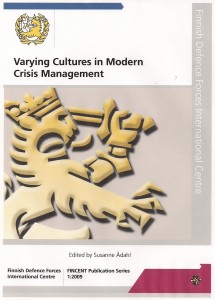
FEATURE
Automated to Death
As software pilots more of our vehicles, humans can pay the ultimate price. Robert N. Charette investigates the causes and consequences of the automation paradox
EXTRACT:
The Flight 124 crew had fallen prey to what psychologist Lisanne Bainbridge in the early 1980s identified as the ironies and paradoxes of automation. The irony, she said, is that the more advanced the automated system, the more crucial the contribution of the human operator becomes to the successful operation of the system. Bainbridge also discusses the paradoxes of automation, the main one being that the more reliable the automation, the less the human operator may be able to contribute to that success. Consequently, operators are increasingly left out of the loop, at least until something unexpected happens. Then the operators need to get involved quickly and flawlessly, says Raja Parasuraman, professor of psychology at George Mason University in Fairfax, Va., who has been studying the issue of increasingly reliable automation and how that affects human performance, and therefore overall system performance.
Continue reading “Journal: Automated to Death–An American Obsession”






